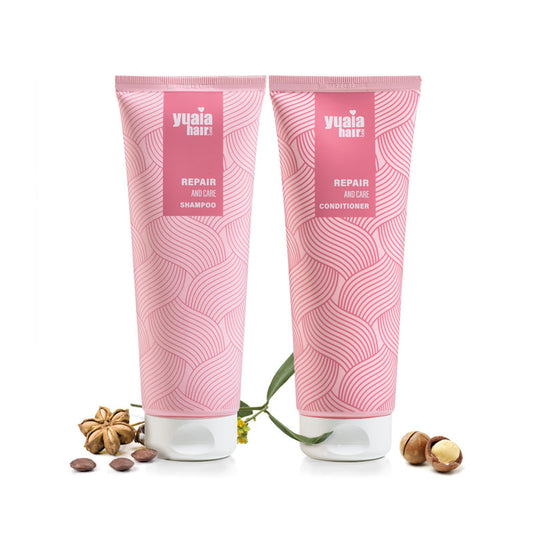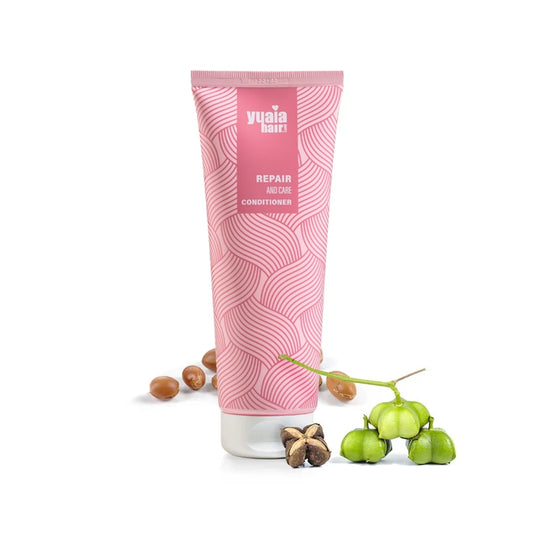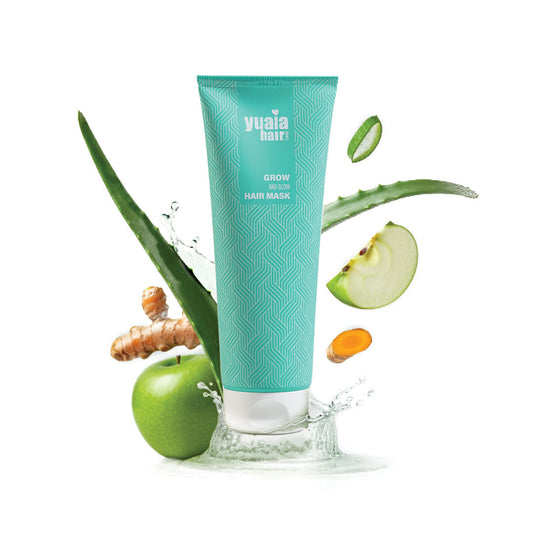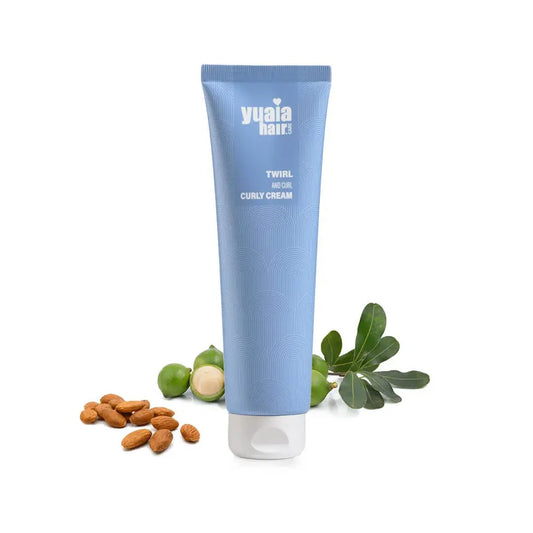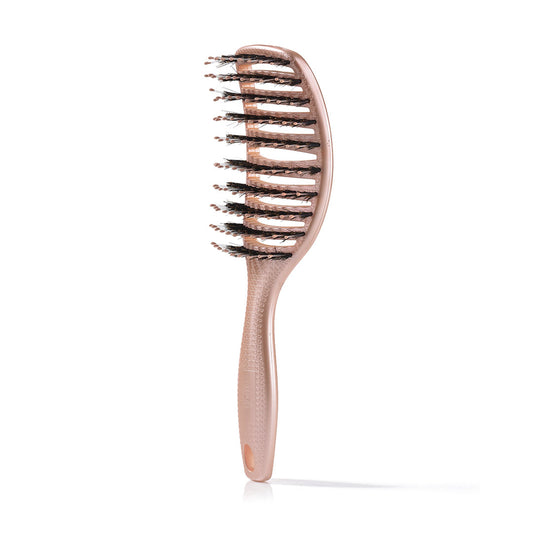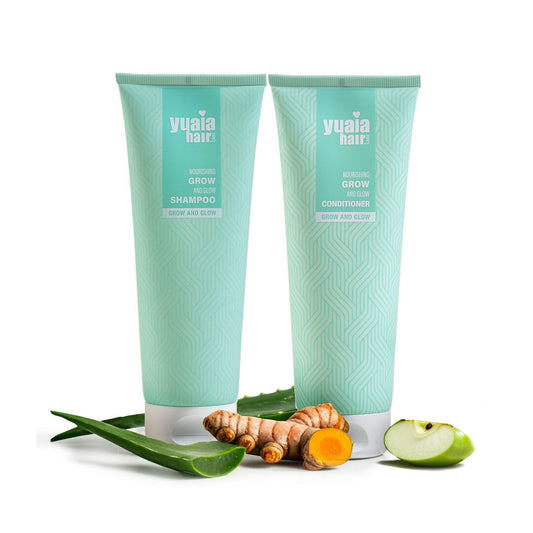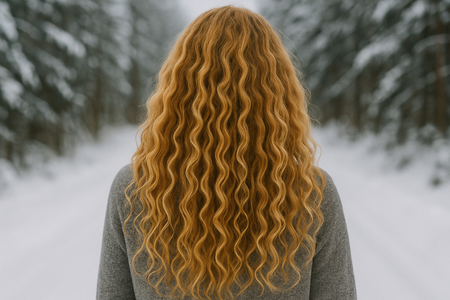
Achieving Hydrated Hair All Winter Long
Your goal this winter is to achieve and maintain hydrated, healthy hair. This blog post will provide you with expert tips and product recommendations to help you navigate the season with confidence. From selecting the right products to adopting protective styling techniques, we'll guide you through the steps necessary to keep your hair looking and feeling its best. Stay tuned as we explore the best practices for winter hair care, ensuring your strands remain moisturized and vibrant no matter how cold it gets outside.
Switching to Moisture-Rich Products
During the winter months, it is essential to adapt your hair care routine to include moisture-rich products. The cold weather and indoor heating can strip your hair of its natural oils, so choosing the right products is vital. Opt for hydrating shampoos and conditioners that are specifically formulated to replenish moisture. Our Repair and Care shampoo and conditioner are excellent choices for dry, damaged, curly, or colored hair. These products are designed to deeply nourish and restore the moisture balance, leaving your hair feeling soft and manageable.
Weekly Deep Conditioning
Incorporating a weekly deep conditioning treatment into your hair care routine is a game-changer for maintaining moisture during winter. Deep conditioning helps to lock in hydration, repair damage, and prevent breakage. Choose a hair mask that is rich in natural oils and plant extracts for optimal results. Allow the mask to sit on your hair for at least 15 to 20 minutes before rinsing, ensuring that your hair absorbs all the nourishing ingredients.
Gentle Cleansing Practices
To prevent your hair from losing its natural oils, consider reducing the frequency of shampooing. Over-washing can strip your hair of essential moisture, leading to dryness and brittleness. Instead, opt for sulfate-free shampoos that cleanse gently without compromising the hair's moisture balance. This approach helps maintain the hair’s natural oils, keeping it hydrated and healthy.
Protective Styling and Environmental Shielding
Protective hairstyles are a great way to minimize exposure to harsh winter elements. Styles such as braids, buns, or twists can shield your hair from cold winds and prevent moisture loss. Additionally, using leave-in conditioners and creams can provide a protective barrier against environmental stressors. For curly hair specifically, our Twirl and Curl curly cream offers excellent curl definition while keeping your hair moisturized and frizz-free.
Brushing Techniques for Moisturized Hair
Proper brushing techniques can significantly contribute to maintaining moisturized hair. Using a boar bristle brush, such as our Curvy Brush, helps distribute the natural oils from your scalp throughout your hair. This not only enhances shine but also aids in keeping your hair hydrated. Be gentle while brushing to avoid breakage, and always start from the ends, working your way up to the roots.
Tailoring Routines for Different Hair Types
Winter hair care isn't one-size-fits-all. Different hair types require specific approaches to maintain moisture effectively. For curly hair, the focus should be on preventing frizz and maintaining curl definition. Using a curl-specific product can help keep curls hydrated and well-defined. Straight hair, on the other hand, benefits from lightweight moisture-rich products that won't weigh it down. Fine hair types should look for volumizing, hydrating products to avoid limpness while keeping strands nourished.
Adjusting your routine to fit your hair type ensures that you are addressing specific needs and challenges. For instance, curly hair might require more frequent deep conditioning to combat dryness, while fine hair might benefit from less frequent application of heavy products. Understanding these nuances can make a significant difference in maintaining moisture and overall hair health during the colder months.
Maintaining Moisture
Keeping hair moisturized in winter requires a combination of the right products, techniques, and adjustments based on hair type. By adopting a routine that includes moisture-rich products, weekly deep conditioning, gentle cleansing practices, and protective styling, you can effectively combat the drying effects of winter. Experiment with different methods to find the perfect balance for your hair, ensuring it remains healthy and vibrant throughout the season.
Frequently Asked Questions
How often should I deep condition my hair in winter?
Deep conditioning once a week is generally recommended during winter. This frequency helps replenish lost moisture and repair any damage caused by the harsh weather conditions.
What ingredients should I look for in winter hair care products?
Key ingredients to look for include natural oils like argan and coconut oil, as well as plant extracts that offer hydration and nourishment. These ingredients help lock in moisture and protect your hair from dryness.
Can I air dry my hair in winter?
While air drying is possible, it is important to protect your hair from the cold. Using a microfiber towel can help absorb excess water quickly, reducing drying time and minimizing exposure to cold air.
 2-4 day UK delivery
2-4 day UK delivery
 25.000+ satisfied customers
25.000+ satisfied customers
 Satisfaction Guarantee
Satisfaction Guarantee



















